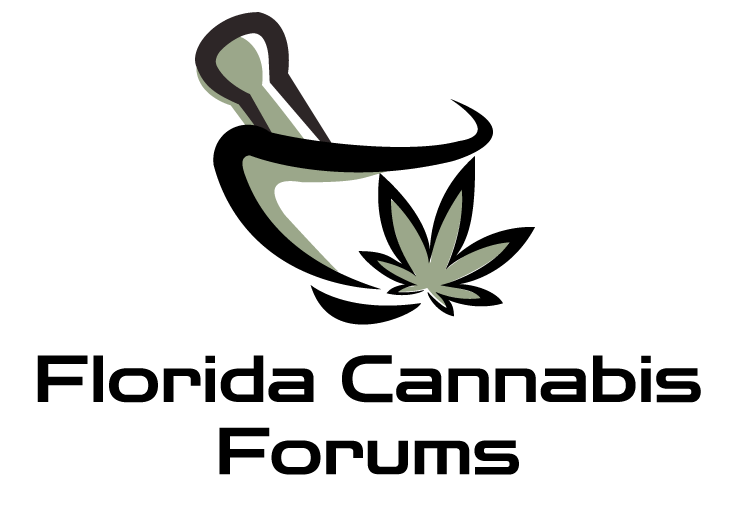
The allure of cannabis lies in its ability to create a unique sense of relaxation, euphoria, and sometimes, an overwhelming urge to laze around. The culprit behind this seemingly paradoxical phenomenon is THC, the psychoactive compound in cannabis. In this article, we delve into the science behind how does weed make you feel lazy, looking at the neurological mechanisms, strain considerations, and personal mindset factors that contribute to this often-debated aspect of cannabis use.
The THC Effect On Brain Function
At the heart of the matter lies THC’s interaction with cannabinoid receptors in the brain. These interactions can modify brain function, leading to changes in mood, perception, and behavior. Furthermore, THC can influence the production of neurotransmitters, including dopamine, which is instrumental in our experience of pleasure and reward.
However, it’s important to recognize that THC’s effects can vary substantially from person to person. Multiple factors such as the method of ingestion, dosage, and individual tolerance levels to THC all play pivotal roles in shaping the cannabis experience.
Weed & Productivity
One way to mitigate the tendency toward laziness induced by cannabis is to be selective with the type of strain used. Sativa strains, as opposed to indica strains, can be a more intelligent choice for those seeking to remain productive. Indica strains are notorious for inducing a bodily high that often leads to drowsiness and lethargy, while sativas tend to inspire a more cerebral buzz. For many users, a sativa-dominant hybrid offers the best of both worlds, although it’s essential to keep in mind that individual reactions can still vary.
Furthermore, maintaining an active interest in your life and setting personal goals can significantly influence your cannabis experience. Staying stoned and unmotivated is more likely to occur when you have no plans or ambitions to look forward to. Many individuals have successfully balanced their cannabis use with high levels of productivity, proving that determination can conquer even the most sedating effects.
Another strategy is to limit cannabis consumption to a specific time in the evening as a reward for a hard day’s work, allowing for relaxation without hindering productivity.
CBD: A Different Perspective
While THC is the star of the show when it comes to the “high” associated with cannabis, another compound called CBD (cannabidiol) offers a different perspective. CBD, unlike THC, does not possess psychoactive properties and is not considered addictive.
Research on the withdrawal symptoms of CBD is currently limited. Some studies suggest that CBD may even hold promise as a treatment for addiction and could help reduce withdrawal symptoms associated with certain substances, such as opiates. Nevertheless, further research is necessary to fully understand the potential risks and benefits of CBD usage.
It’s essential to keep in mind that CBD products lack FDA regulation in the United States, leading to variations in purity and potency. Consequently, consulting a healthcare provider before incorporating any new supplement or medication is always a wise choice.
Final Word
The relationship between cannabis and laziness is a complex one, governed by a multitude of factors. THC, with its ability to affect brain function and neurotransmitter production, plays a significant role. Nevertheless, personal choices, including strain selection, mindset, and maintaining goals, can sway the experience towards productivity. CBD, a non-psychoactive compound in cannabis, offers an alternative path, with emerging research hinting at potential benefits in addiction treatment. As with any substance, it’s crucial to approach cannabis and CBD with awareness, responsibility, and informed decision-making.
FAQs
- Is laziness a guaranteed side effect of using cannabis?
No, laziness is not guaranteed when using cannabis. The effects of cannabis, especially regarding motivation and productivity, vary among individuals due to factors like strain, dosage, and personal mindset.
- Can CBD help with addiction withdrawal symptoms?
While investigations are still in progress regarding this subject, some studies suggest that CBD may have the potential to alleviate withdrawal symptoms associated with certain substances, like opiates. However, more research is needed to establish its effectiveness fully.
- What’s the difference between sativa and indica strains of cannabis?
Sativa strains are known for their more cerebral, uplifting effects, often inspiring creativity and alertness. Indica strains, on the other hand, are associated with a more sedating, body-centered high, which can lead to feelings of relaxation and drowsiness.
- Are there any potential dangers linked to using cannabis or CBD?
Yes, there are potential risks linked with using cannabis or CBD, including impaired cognitive function, addiction (with THC), and interactions with other medications. It’s important to consult with a healthcare provider and use it responsibly.





